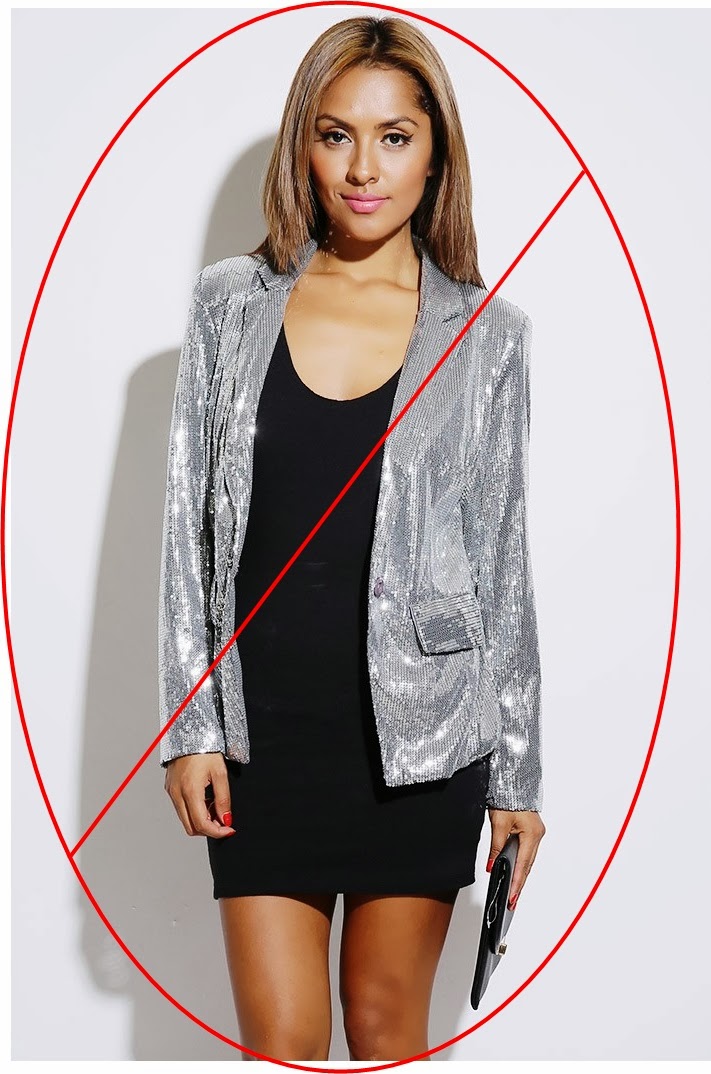What Not To Wear To An Interview: A Comprehensive Guide
When preparing for a job interview, your outfit plays a crucial role in creating a positive first impression. Many candidates focus on what to wear, but it’s equally important to understand what not to wear to an interview. This article will guide you through the common fashion faux pas that can hinder your chances of landing your dream job. By avoiding these mistakes, you can present yourself in the best possible light and demonstrate your professionalism.
In today's competitive job market, many hiring managers make snap judgments based on candidates' appearances. Therefore, understanding the appropriate dress code for an interview is essential. Each industry may have different standards, but some general guidelines apply across the board. This article will break down the key elements of what not to wear to an interview, ensuring you make a lasting impression for all the right reasons.
Whether you’re a fresh graduate or an experienced professional, this guide aims to help you navigate the tricky waters of interview attire. Read on to learn about the clothing choices that could potentially derail your job prospects and how to avoid them.
Table of Contents
- Understanding the Importance of Interview Attire
- Common Mistakes: What Not to Wear
- Industry-Specific Dress Codes
- How to Choose the Right Outfit
- Final Tips for Successful Interview Attire
- Conclusion
Understanding the Importance of Interview Attire
Your attire can significantly influence the impression you leave on potential employers. Dressing appropriately for an interview not only demonstrates respect for the company and the opportunity but also boosts your confidence. Research indicates that 55% of first impressions are based on appearance, making your choice of clothing crucial.
Moreover, the right outfit conveys professionalism and seriousness about the position you are applying for. Conversely, the wrong attire can raise doubts about your judgment and suitability for the role. Hence, understanding what not to wear is just as important as knowing what to wear.
Common Mistakes: What Not to Wear
Here are some common clothing mistakes that candidates often make when preparing for interviews:
Casual Clothing
Wearing casual clothing such as jeans, t-shirts, or sweatshirts is one of the most significant missteps you can make. Even if the company has a relaxed dress code, an interview is not the appropriate time to showcase your casual style. Opting for casual attire can convey a lack of seriousness about the opportunity.
Overly Formal Attire
On the other end of the spectrum, wearing overly formal attire can also be a mistake. A tuxedo or formal gown may be appropriate for a gala, but they are out of place in a job interview. Dress too formally, and you risk appearing out of touch with the company culture.
Distracting Accessories
Accessories can enhance your outfit, but they can also be distracting. Avoid wearing overly flashy jewelry, loud ties, or accessories that draw too much attention. The goal is to have your qualifications and personality shine, not your accessories.
Inappropriate Footwear
Footwear is an important aspect of your outfit that shouldn't be overlooked. Avoid wearing flip-flops, sneakers, or overly high heels. Your shoes should be clean, polished, and appropriate for the industry. A good rule of thumb is to choose closed-toe shoes that are professional yet comfortable.
Industry-Specific Dress Codes
Different industries have varying expectations when it comes to interview attire. Understanding these nuances can help you select the appropriate outfit:
- Corporate Jobs: Business formal attire is typically expected. A well-fitted suit and conservative shoes are ideal.
- Creative Fields: While casual attire may be acceptable, avoid looking too sloppy. Opt for smart-casual outfits that reflect your personality.
- Technical Roles: Depending on the company culture, you may get away with smart-casual wear, but it’s best to err on the side of caution.
- Service Industries: Consider the brand image and dress a notch above what employees typically wear.
How to Choose the Right Outfit
Selecting the right outfit for your interview can be a straightforward process if you follow these steps:
- Research the Company: Look at their website or social media pages to get an idea of their dress code.
- Dress One Level Up: Always aim to dress slightly more formal than the company's usual attire.
- Plan Ahead: Choose your outfit ahead of time to avoid last-minute stress. Ensure everything fits well and is clean.
- Seek Feedback: If in doubt, ask a trusted friend or mentor for their opinion on your outfit choice.
Final Tips for Successful Interview Attire
Here are some final tips to keep in mind as you prepare for your interview:
- Keep it simple: A minimalist approach often works best.
- Be comfortable: Ensure your outfit allows you to move freely and confidently.
- Avoid new clothing: Wearing something untested can lead to discomfort or wardrobe malfunctions.
- Grooming matters: Pay attention to your grooming, as it complements your attire.
Conclusion
In summary, what you wear to an interview can significantly impact your chances of success. Avoid casual clothing, overly formal attire, distracting accessories, and inappropriate footwear to ensure you present yourself as the professional candidate you are. By understanding industry-specific dress codes and preparing your outfit in advance, you can make a positive impression and focus on showcasing your qualifications. If you found this article helpful, please leave a comment, share it with others, and check out our other resources for job seekers.
Thank you for reading! We hope to see you back here soon for more insightful articles.
Article Recommendations
- Scheels Black Friday Ad
- David Bromstad Twin Brother
- Homer James Jigme Gere
- Ullu Web Series Actress Name
- 2 Actors Died Yesterday
- Scheels Black Friday Ad
- Wayans Family Tree
- Pete Hegseth New Wife
- Simon Cowell Funeral
- Bunniemmiex

:max_bytes(150000):strip_icc()/what-not-to-wear-to-a-job-interview-2061181-V7-5b732052c9e77c0025c3cd84.png)
